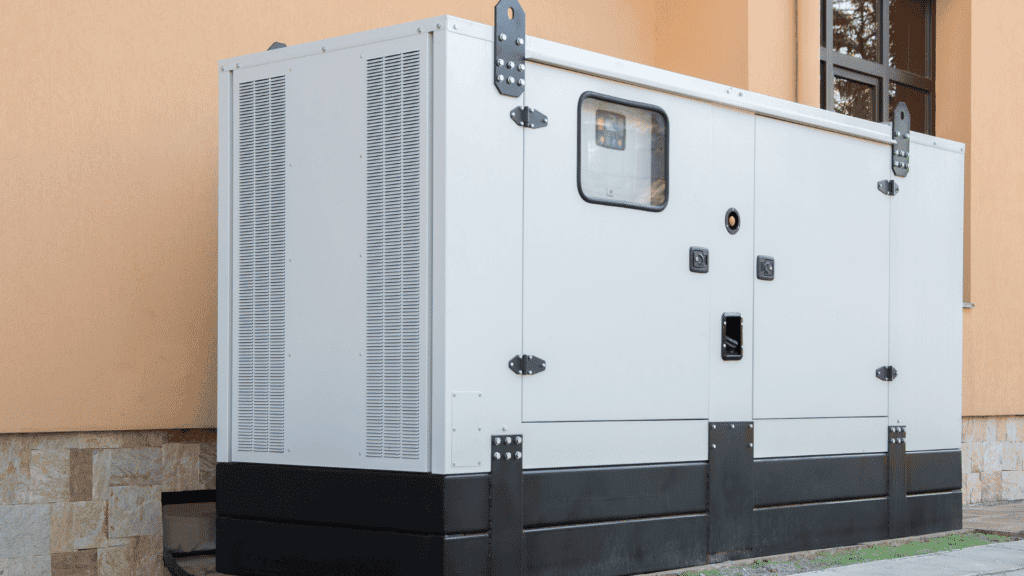Generators convert chemical or mechanical energy into electric energy, which can be used to provide a back-up power source to many devices when electricity is unavailable. Over the years, a dramatic decrease in the reliability of power distribution during storms or other natural disasters has created a huge increase in interest in the energy generation sector. Electricity-generating companies are frequently challenged to provide power to their customers due to an endless amount of storms or other natural disasters. This has forced many people to resort to other means to provide a backup source of power for their critical needs. Generators or inverter generators are excellent alternatives for those who need a dependable source of electricity for their commercial or residential properties.
When shopping for a generator, two general technologies are available to choose from, i.e., inverters and conventional generators. Knowing how to differentiate these technologies can help you choose the one that best suits the unique energy needs in your commercial or domestic setup.
Table of Contents
Inverter vs Generator
Inverter generators and regular generators share a few similarities. Both of these technologies rely on fuel-powered engines to produce electricity and are relatively portable. But several factors make these technologies different, including their designs, mode of electricity generation, and technical specifications. Learning how each technology works would be best to understand what makes one different.
A Conventional Generator
Conventional generators are fuel-powered engines that come with alternators with power outputs. Propane, gasoline, and diesel are the standard fuels used in a traditional generator. Some generators can use one or more of these fuel types to run. For instance, a hybrid generator is a standard generator with a double fuel mechanism that runs on either gasoline, propane, or both.
The engine in a conventional generator runs at a speed of 3600 rpm. This is how the generator produces a frequency of approximately 60Hz and 120/240 volts. Though the generator’s engine operates at this rate, maintaining this speed is important and is not always very precise. That’s why conventional generators are associated with power fluctuations, which is why they cannot always produce as clean of an electric energy supply as inverter generators. For many devices this is completely acceptable, however many electronic devices are much more sensitive to frequency or voltage fluctuations.
An Inverter Generator
Inverter generators are similar to conventional generators, however, they utilize an electronic component called an inverter which covers the alternating current (AC) that is produced by the generator to direct current (DC), and then back to alternating current (AC). This process produces a very precise frequency and voltage output which is more favorable for sensitive electronic devices. There are also several other advantages over a typical generator.
First, it doesn’t require the engine to operate at 3600 rpm. This allows the engine to operate a lower speed during lighter loads, creating a more efficient conversion of energy and reducing wear and tear. This also allows the generator to operate much more quietly, which is very advantageous if you are looking for a quieter device. Many people use these for camping or other recreational activities with a strong desire for a quiet generator.
While there are many advantages to an inverter generator, the additional electronic components do add some cost and complexity to the unit. This is why you typically only see this feature on smaller units where the added cost is much more manageable.
As a result, inverter generators tend to dominate the smaller market and some of the mid-sized market. If you need a higher output, you can couple some inverter generators with Parallel Connectivity. This feature allows you to connect two inverter generators to double the capacity while still keeping the power synchronized effectively.
There are many choices when shopping for a generator; your choice will ultimately depend on many factors. If you are looking for a small generator that is quiet, efficient and more suited for supporting small electronic devices, we recommend going with an inverter generator for your needs.
